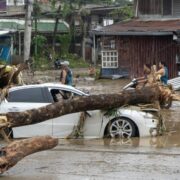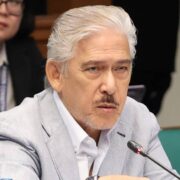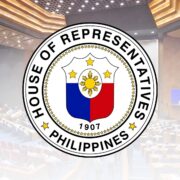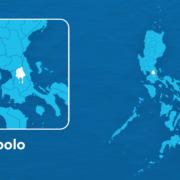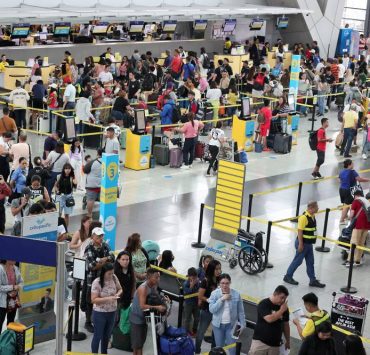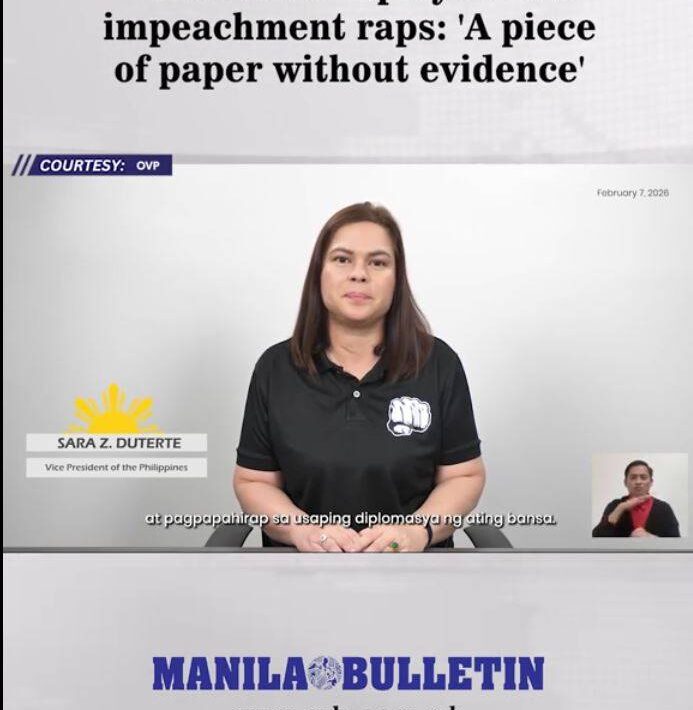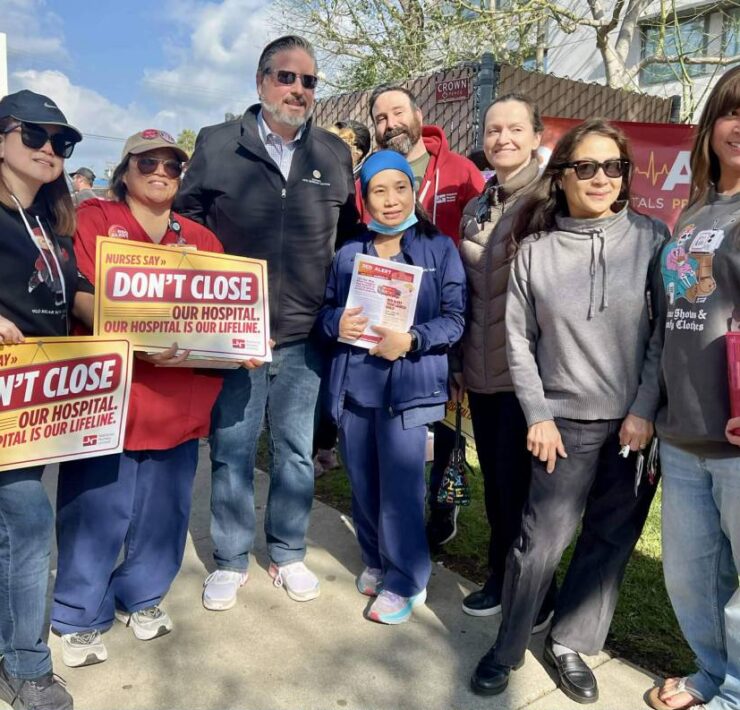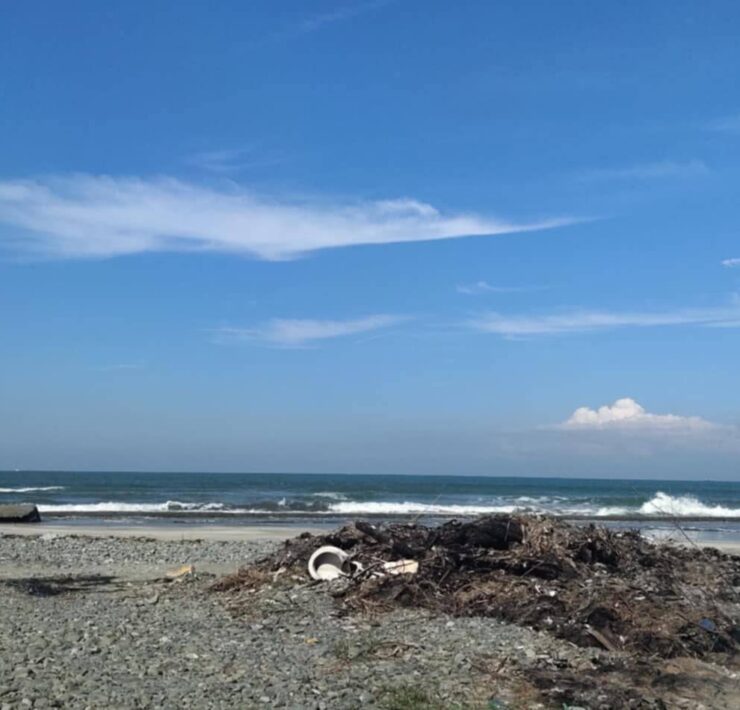Oceana, Greenpeace seek accountability for damage wrought by oil spills
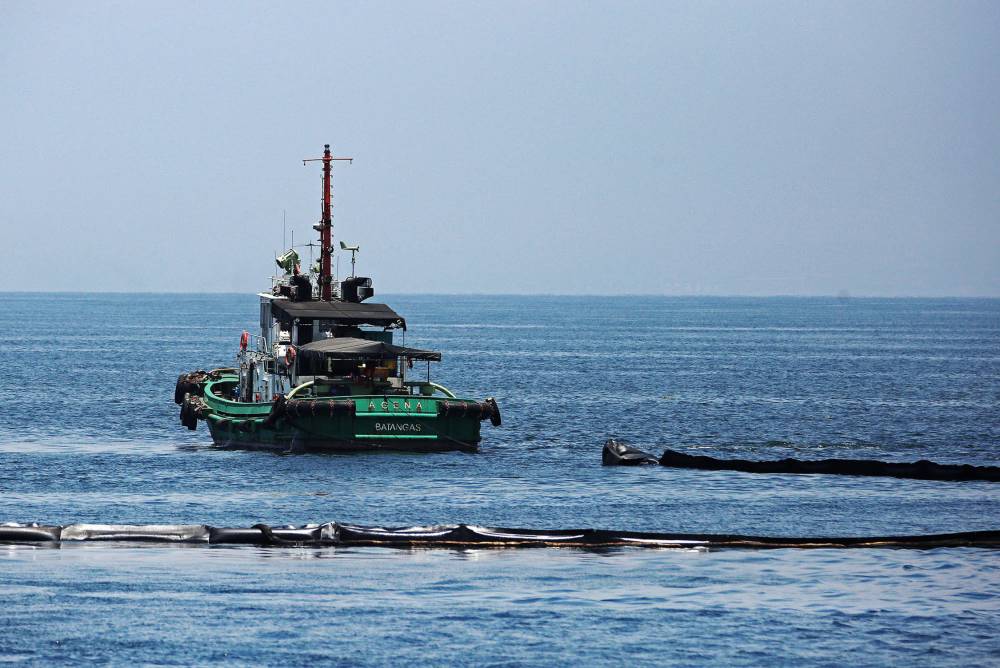
- Oceana Philippines International has raised concerns about the similarities between the recent oil spills and the chartering of the MT Terranova by SL Harbor Bulk Terminal Corp., the same firm that chartered MT Princess that submerged off Naujan, Oriental Mindoro, in February last year. SL Harbor Bulk Terminal is a subsidiary of San Miguel Corp., the largest conglomerate in the country.
Environmental groups have criticized the government for not taking strong preventive measures against oil spills, and are demanding scrutiny and accountability for the human and environmental damage caused by recent maritime accidents in Manila Bay.
According to the advocacy group Oceana Philippines International, the country’s oil spill response plans should be more “reactive” rather than “preventive” to avert more tragic sinkings of oil tankers as in the case of MT Terranova and MTKR Jason Bradley, which were both allowed to sail a day after Supertyphoon Carina (international name: Gaemi) gained strength and whipped heavy rains and winds over Luzon.
The fuel from the vessels has since spread to the coastal areas of Manila and the provinces of Cavite, Bataan, Bulacan and Pampanga.
“We call for a thorough investigation into the incident to hold those responsible accountable. Why were the oil tankers allowed to leave port at the height of the typhoon?” Oceana asked in a position paper presented by its vice president Gloria Ramos during a Senate hearing on Tuesday.
It also called for a “stricter enforcement of existing environmental laws,” such as the Philippine Clean Water Act and the Oil Pollution Compensation Act, and for the development of “comprehensive legislation that mandates improved safety standards and emergency preparedness.”
Policy reforms, it said, would put in place safeguards in oil transportation and handling to prevent a repeat of the oil spills.
The group also pressed the government for information about the circumstances of the oil tankers’ scheduled departure, ownership, the type of oil involved, and the “potential harmful impacts of the contamination.”
“Ensure transparency, full disclosure, and strict accountability in the prevention and management of the oil spill response,” it urged.
Inquirer.net Explainer: Manila Bay oil spills’ harm on fishing, environment, public health
Due diligence
This was also the same clamor made by Greenpeace Philippines, saying that the probe should reveal “how there may have been failures of due diligence on the part of the charterer or the owner of the oil.”
“The investigation should, at the end of the day, expose the difficult truth that these companies continue to escape accountability while government agencies and communities suffer from their lack of diligence, shouldering the costs of cleanup, recovery, and rehabilitation for years to come,” Greenpeace said in its own position paper submitted to the Senate also on Tuesday.
Aside from ensuring transparency, authorities should also “compel the companies to come out in the open” for the damage and pollution they caused.
Oceana Philippines International flagged the “concerning parallels” from the recent oil spills—that the MT Terranova was found to be chartered by SL Harbor Bulk Terminal Corp., the same firm that chartered MT Princess that submerged off Naujan, Oriental Mindoro, in February last year. SL Harbor Bulk Terminal is a subsidiary of San Miguel Corp., the largest conglomerate in the country.
“This is completely unacceptable and speaks of the failure of monitoring by agencies tasked to prevent accidents,” Greenpeace stressed.
But the two environmental groups want to hold accountable not only the ship owner but also the charterer, which in this case was SL Harbor Bulk Terminal.
Under Republic Act 9843, or the Oil Pollution Compensation Act, the “owner of the ship at the time of an incident” shall pay the civil liability for “pollution damage,” including but not limited to cleanup operations expense at sea or onshore; preventive measures expenses; consequential loss or loss of earnings as a direct result of an incident; pure economic loss or loss of earnings sustained by persons; damage to human health or loss of life; environmental damage and other reasonable measures of environmental restoration.
“This is a glaring legal issue that needs to be addressed through legislative amendment,” Oceana said.
On Thursday, the Pambansang Lakas ng Kilusang Mamamalakaya ng Pilipinas urged the Bureau of Fisheries and Aquatic Resources to conduct chemical analysis, aside from sensory evaluation, in the waters of Cavite to determine whether the fish species are indeed “unfit for human consumption.”






